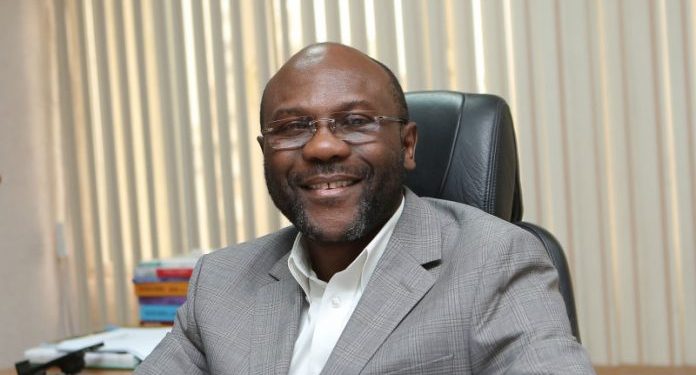Nigerian Content Development and Monitoring Board (NCDMB), may approach the National Assembly in the coming weeks, to seek review of the Local Content Act 2010, to include other sectors of the nation’s economy, especially power, construction and information and communications technology (ICT).
Considering the current level of losses to foreign companies across sectors of the nation’s economy, if the extant law is expanded, nothing less than 40 per cent of projects would be executed by local contractors, while boosting local capacity, and promoting the use of local materials and services for the development of these industries.
Disclosing this yesterday at a news conference in Abuja, the Board also said the import of oil and gas expatriates into the country has reduced by 80 per cent.Executive Secretary of NCDMB, Simbi Wabote, said the agency has concluded plans to pursue the process for amendment of the Act with the ninth National Assembly.He said this would further create value addition, job opportunities, and the domiciliation of various contracts and projects in-country.
“I can tell you that with full confidence and I can give statistic to back it up. When I joined Shell as a young engineer in 1991, all Nigerians were mid-level management, and we had a lot of expatriates; today, 95 per cent of the staff of Shell are Nigerians. In NLNG, almost about 90 per cent of the staff are Nigerians including the managing director,” he said.
While Nigeria recently signed the Africa Continental Free Trade Agreement (AfCFTA), which aims to increase trade between African countries, he argued that unless a strategic approach like the local content expansion was developed, set objectives may not be achieved.
Wabote, who insisted that Nigeria requires a coordinated local content agency to achieve projected economic development had told The Guardian that multiplicity of agencies remained a major barrier to the effectiveness and efficiency of inter-related agencies.This is just as the nation’s poor infrastructure and manufacturing outlook remained a challenge to the full implementation of the Content Act.
He however decried that while international oil companies (IOCs) were complying with the current limitation on expatriate population;
Nigerian companies are not fully compliant, which is a challenge.
Wabote noted that while the multinationals had dominated exploration and production sub-sector, the introduction of the Local Content Act has birthed indigenous players, whose contributions to oil production now hovers around 30 per cent.According to him, the local players will by 2027, produce and explore about 70 per cent of the resource, while focusing on helping other African countries to scale their capacities.
He said NCDMB has also commenced International Certification programme for 20 marine personnel, to address the deficit of trained cadets in the maritime, and oil and gas industries, to reduce the dependence on foreign personnel in marine operations.Wabote added that the board has equally partnered with AOS Orwell, and the Lagos State Electricity Board, on Smart Electrical Engineering Training programme for 100 selected engineers, adding that this would provide participants with solid foundations in electrical and electronics theory and practices to help the sector.
“We have also progressed discussions with investors on the establishment of LPG cylinders manufacturing plant, LPG depots, and gas processing facilities. We are particularly interested in the establishment of an Inland LPG Depot in Abuja to complement Federal Government’s LPG Penetration Initiative,” he said.










